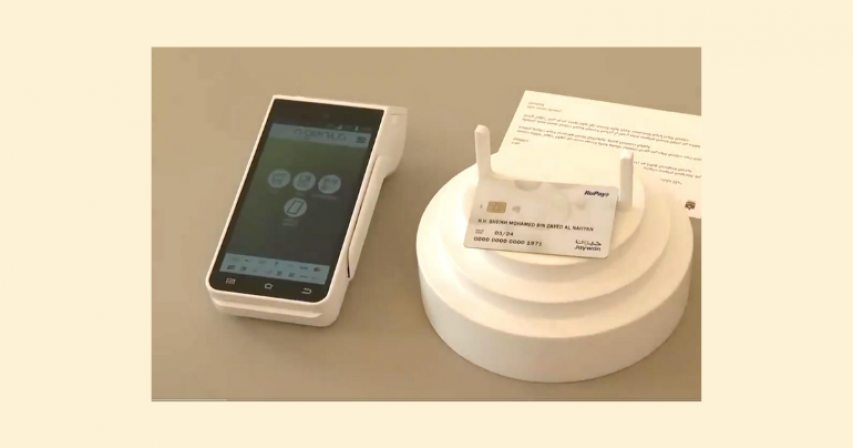Jaywan: UAE's New Payment Solution

The UAE is set to introduce a new payment solution called Jaywan, which will revolutionize debit card usage for residents. Starting in the second quarter of this year, banks and financial institutions across the country will begin issuing Jaywan cards, with the full rollout expected to be completed within two years. This initiative, spearheaded by Al Etihad Payments (AEP), a subsidiary of the Central Bank of the UAE, marks a significant development in the nation's financial infrastructure.
Andrew McCormack, the Chief Operating Officer of AEP, revealed the ambitious plans for Jaywan, emphasizing a strategic partnership with select entities ready to issue the cards. The Central Bank of the UAE will eventually mandate all banks to provide Jaywan debit cards to their customers. This move reflects a forward-looking approach to modernizing the payment landscape in the UAE.
Jaywan, introduced in 2023, utilizes technology licensed from India's NPCI (National Payments Corporation of India), showcasing the collaboration between the two nations in advancing financial services. The partnership between AEP and NPCI International Payments Limited aims to bolster the UAE's domestic card scheme, offering residents enhanced payment capabilities.
A key feature of Jaywan is its versatility. While initially catering to domestic transactions, Jaywan cards can also be co-badged with globally recognized networks like Mastercard or Visa. This dual-badge system ensures that cardholders can seamlessly use Jaywan not only within the UAE and India but also worldwide. McCormack highlighted the importance of this feature, especially for UAE residents who travel extensively.
The decision to introduce Jaywan stems from two primary objectives. Firstly, establishing a national sovereign payment scheme is crucial for economic stability and control over financial transactions. By developing an indigenous payment system, the UAE aims to enhance its ability to manage and regulate payments efficiently. Secondly, controlling the payment infrastructure allows for better cost management, ultimately benefiting consumers and merchants alike.
McCormack emphasized the gradual transition to Jaywan, acknowledging that such projects require careful planning and investment. New customers will receive Jaywan cards upon onboarding, while existing cardholders will receive them upon card renewal. This phased approach ensures a smooth transition to the new payment solution while minimizing disruptions to banking services.
Looking ahead, the introduction of Jaywan signifies a significant step forward in the UAE's financial ecosystem. With its innovative features and strategic partnerships, Jaywan is poised to redefine debit card usage for residents, offering greater convenience, security, and interoperability across borders. As the UAE continues to drive innovation in financial services, Jaywan stands as a testament to its commitment to fostering a modern and resilient economy.
By: Sahiba Suri





Comments